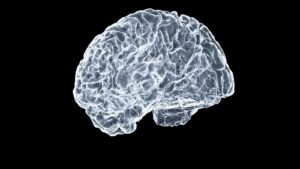Nothing to do with the Canadian rock band, a group of scientists at Rutgers University, New Jersey, believe they may have identified the substance that first catalysed life on Earth.
The team involved have been working on trying to pinpoint the origins of metabolism, the set of core chemical reactions behind the evolution of life forms on our planet. One part of a protein has been identified in particular, a peptide formed from backbone nitrogen atoms bonded with two critical nickel atoms.
‘Nickelback’, as the substance has been christened, provides an insight into the origins of every species on Earth, and the development of our environment and its ecosystems. Perhaps more importantly, though, it may also be used to detect the early signs of other planets which are on the verge of spawning life. The protein essentially gives researchers a brand new clue to work with when searching for signs of extraterrestrial organisms.
‘Scientists believe that sometime between 3.5 and 3.8 billion years ago there was a tipping point, something that kickstarted the change from prebiotic chemistry – molecules before life – to living, biological systems,’ said Vikas Nanda, researcher at the Rutgers Center for Advanced Biotechnology and Medicine (CABM). ‘We believe the change was sparked by a few small precursor proteins that performed key steps in an ancient metabolic reaction. And we think we’ve found one of these ‘pioneer peptides’.
‘This is important because, while there are many theories about the origins of life, there are very few actual laboratory tests of these ideas,’ Nanda continued. ‘This work shows that, not only are simple protein metabolic enzymes possible, but that they are very stable and very active – making them a plausible starting point for life.’
Image: Rutgers University
















